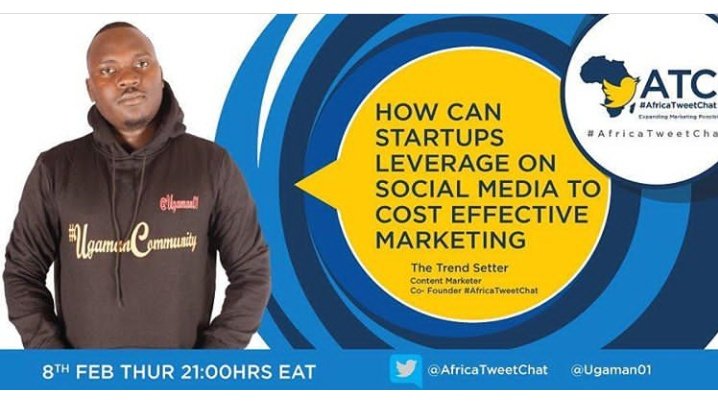)
Experimental econ has developed some really cool methods. Like all those games. Great way to measure, and see what pushes around, say, social preferences. Really useful. Nice contribution.
Like Thaler’s original AER column.
And all the important field studies, since, showing how much of this stuff matters in real econ/market settings.
Behavioral econ nailed this.
That’s great science.
-behavioral economists try to model preferences.
-experimental economists try to test models.
Those are (often) quite silly. And misleading. And confusing. Lead a generation of researchers astray. And prevent science from progressing.
-models of “self-signaling” and “motivated beliefs”
-models of pro-social preferences, like “warm glow”, “reciprocity” preferences, or “equity aversion”
-models of “identity”
But w/o having a sense of what’s driving the phenomena.
A confused and highly problematic exercise.
-begging the original question
(B&T’s model of motivated reasoning “explains” assymetric updating, by presuming people are Bayesian, but only for confirmatory evidence. Assuming exactly what they are purporting to explain!)
(“Warm glow” preferences for giving tell you *nothing* about when we will feel warm glow, or what it will depend on.)
(“Are prosocial preferences better described by ‘warm glow’ or ‘inequity aversion’?” Clearly depends on which preferences are being measured in which contexts. Obviously.)
(which imo is the only question that can get us to a sense of what shape they are liable to have, and in which contexts.)
(I haven’t seen one yet. Have you?)
The biggest issue I see is that researchers attempt to “test” models very very literally.
“Is cheap talk the right model for communication with partially aligned payoffs and costless messages?
I dunno.
Let’s check by having people play a game with partially aligned preferences and costless messages.”
Which isn’t *really* the right question.
Does cheap talk appropriately capture insights about how we *actually* communicate (irl). *Why* we are sometimes purposely vague (irl)? *When* do we tend to be vague (irl)?
Social instincts, language evolution.
Not players literally playing that abstract payoff matrix and information structure.
The goal is not to understanding the pipet and Bunsen burner.
The goal is to use the pipet and Bunsen burner to understand how chemistry works.
Of course not. No more so than saying pipets and Bunsen burners are useless.
Just don’t confuse them for the things we are interested in.
Most definitely.
Just not by having people play a literal cheap talk game.
The ultimatum game is great at testing what angers us, what we find unfair, whether we are willing to punish mistreatment.
Eg more likely when our behavior is observed.
Great. Useful.
But we shouldn’t forget that they developed (presumably?) in repeated interactions and (like everything else in life) got internalized, and so “spill over” into behavior in anonymous, one shot, lab experiments.
And maybe when or how they “spill over.”
Interesting. Useful.
Such experiments only show *that,* if we are thinking abouy rationality, Nash, and sgp naively. And literally.
“testing” sexual selection by observing porn consumption...
They (wrongly) conclude that sexual selection is wrong, b/c people get aroused by images they can’t reproduce with!
Likewise: the wrong way to interpret rejections in ultimatum game is as proof that subgame perfection is irrelevant to human behavior.
The wrong way to interpret experiments. The wrong way to test models.
/eom





